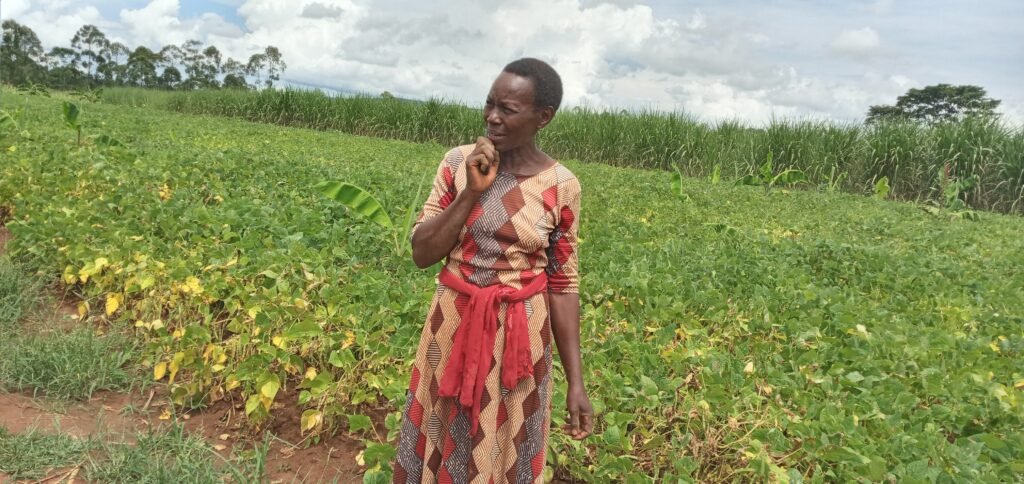By Lominda Afedraru
Low land registration among smallholder farmers is hindering access to agricultural credit in Uganda, a study has shown. A team of experts who reviewed the country’s national land policy in 2022 found that the Bank of Uganda recorded an increase in cumulative loan applications with a total loan value of UGShs1.05 trillion up from UG Shs988 billion as at June 2021 under the Agricultural Credit Facility for smallholder farmers.
Despite this rise in access to credit, smallholder farmers used non-land collateral to secure such loans because they didn’t have titles for their land. Banks require loan applicants to produce documents such as titles as proof of ownership. Dr Margaret A. Rugadya, a private consultant who participated in review of the national land policy, said that it is important for farmers to register their land to access opportunities such as credit facilities from banks.
The Land Act of Uganda 1998 recognises four major systems of land tenure, with customary tenure as the most common. This is whereby access to land is governed by the customs, rules and regulations of the community. Holders of land under the customary system do not have a formal title to the land they use.
The other is Mailo tenure, which is freehold system established by the British in 1900 to reward colonial agents who advanced their interest especially in the Central region. Freehold tenure is another system whereby owners of the land have a title to their land which allows them to hold the registered land indefinitely and the owner is given complete rights to use it Under the leasehold tenure, the owner of the land grants the tenant exclusive use of the land, usually for a specific period of time.
The land may also be leased from the state to individuals for typical lease periods of five, 45 or 99 years. Most farmers fall under the customary ownership system, which denies them several opportunities to advance their agriculture initiatives, including financing. The number of certificates of customary ownership issued in northern and eastern Uganda, standing at a total of 54,545 as of March 2023.
Sometimes, households pursue land titles not to access credit, but to address land disputes, and transgenerational transfers rather than investment.
The Bank of Uganda has since devised a method of having farmer groups access the agricultural credit facility. Most farmers in Kaasada and Mubende in central Uganda are accessing this money because they have strong farmer groups.
The National Land Policy provides for optimal utilisation and management of land resources since most Ugandans are dependent on land for employment and survival. It consolidates the various scattered policies associated with land and natural resources with an emphasis on both land ownership and development. It proposes reforms to strengthen the vitality of Uganda’s productive sectors for socio-economic transformation.
The Permanent Secretary in the Ministry of lands Dorcas Okalanyi has urged farmers to normalise their land titles in order to access credit facilities. Land is a major earner of government revenues, collected as non-tax and tax revenues, fees, stamp duty on landrelated activities and other charges to the Consolidated Fund. Whereas revenues generated in the pilot phase of the land integration system were promising, these have drastically declined since integration with the Uganda Revenue Authority.

